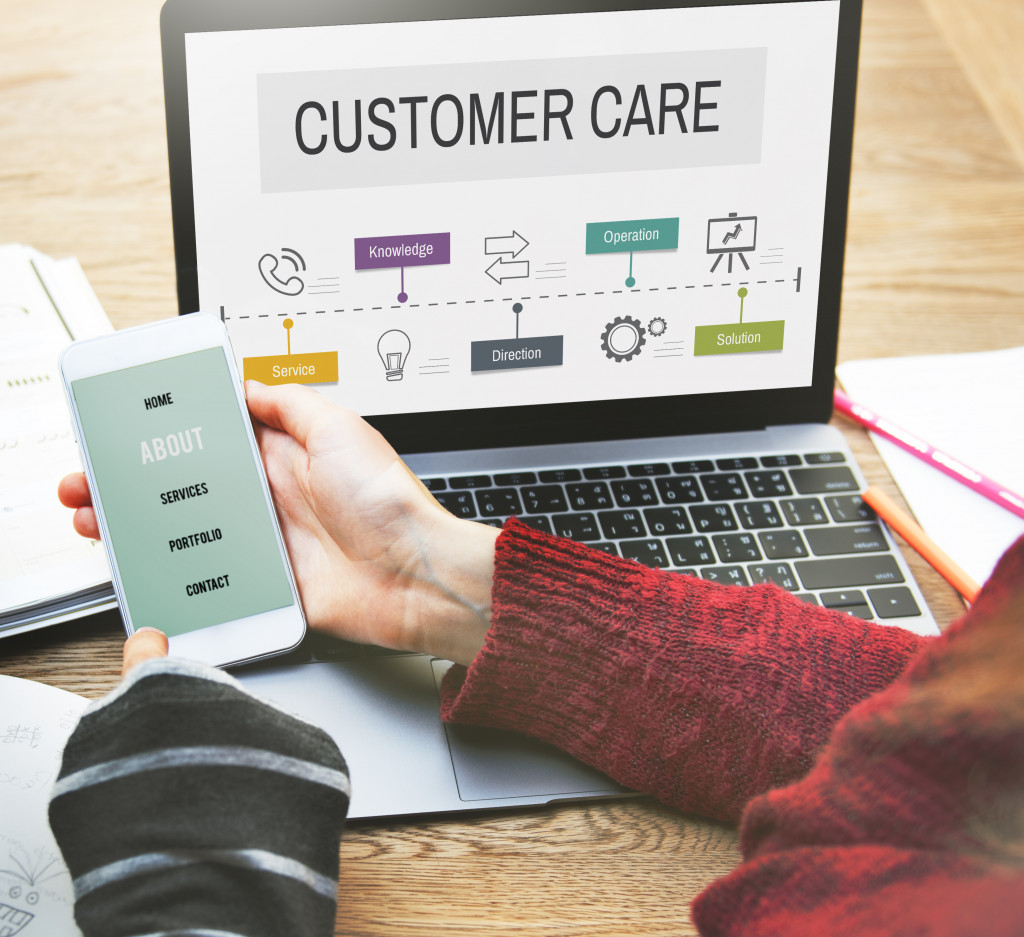Companies are spending millions of dollars on brand loyalty. Airlines are offering points every time you buy a plane ticket for them. Frequent flyers get access to their executive lounge while waiting for the plane to arrive. Grocery stores also offer coupons and discounts for frequent shoppers. The same goes for big retail shops like Macy’s and Nordstrom. In the online world, Amazon and Walmart have the most loyal customers. People rely on these two giants to provide them with what they need.
Interestingly, it isn’t about money. In a study on customer loyalty, marketers found out that existing customers are 70% more likely to buy again if they are satisfied with the quality of your products and services. It also found out that 36.5% of shoppers will spend more on a brand they are loyal to even if they can find a cheaper option somewhere else.
Think about your own loyalty to brands. Don’t you use the same brand of toothpaste and toilet paper? Even when there are new and more promising brands in the market, don’t you use the same dishwashing soap or the same shampoo for your hair? Ask your parents and grandparents. Check their pantry and toiletries cabinet. They’re most likely using the same brand they’ve been using since time immemorial.
This shows that brand loyalty gets to be passed on from parents to their children. Your parents’ choices influence the brand of your kitchen towel. You’re probably using the same brand because from where would you learn another brand? Your parents were the ones who shopped for you during those first few days in college. On your first real test of independence, you picked the same brand you’ve been using since you were a child. You haven’t stopped supporting that brand since then.
A Sound Investment
Building a solid loyalty rewards program is going to pay in the long run. A study said that over the years, loyal customers have become less costly to serve. The company’s most loyal customers are also its most profitable. Eventually, these loyal customers will feel like business partners. They will build up your company by buying more every time, paying premium prices, and referring your business to customers. They’ll be recommending your business to anyone willing to listen.
There’s a reason why companies fail at executing the right rewards program. Many of them treat it as a short-term promotion. Meaning, they put an expiration date on the reward points gathered during a given period. That’s not how customer loyalty works. If you want to build loyalty, you have to treat your rewards program as part of your business operations, and not a one-off promotion.
Making Things Easy and Convenient

You are loyal to a particular brand of kitchen towels because they are available anywhere. You can pop in a 7-11 in your local neighborhood and there they’ll be on the shelves. It’s the same story when you visit those bigger grocery chains. But if it becomes inconvenient for you to buy the same brand, will you still make it hard on yourself when there are other brands available?
Make everything convenient for your customers—from their research to checkout to after-sales support. Be present throughout their journey of buying products from your store. The only way to gain their loyalty is to make their experience as seamless as possible.
Personalizing Customer Relationships
In the past, neighborhood businesses make it a point to get to know their customers personally. They’re even on a first-name basis. This allows them to personalize their customers’ experience every time they visit the shop. They reward them with special services and attention.
But as businesses grow and expand digitally, they lose this personal relationship with their customers. What you do have now is database marketing that makes use of metrics to target valuable customers. Through this kind of marketing, you can personalize the experience of each customer who visits your site or store. You can make recommendations based on their past purchases. Such personalization of customer relationships allows a company to grow and build a loyal clientele that will continue supporting your brand, unemployment, recession, and pandemic notwithstanding.
When creating a marketing plan for your business, make sure to give particular attention to how to build customer loyalty. At the end of the day, loyal customers will keep your business afloat. Find out what they want from your business. Keep those in mind whenever you build a loyalty program, start a promotion, or launch new products.



